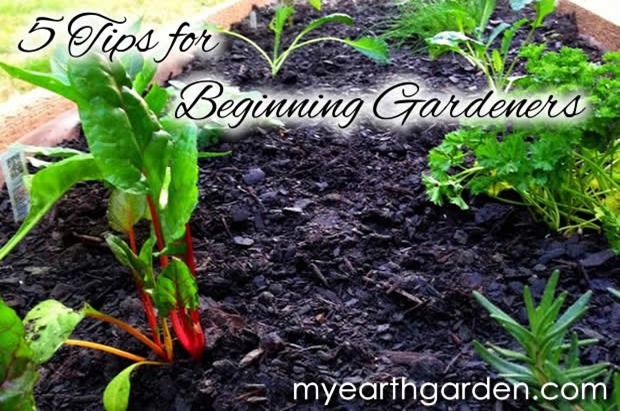
Nothing compares to the satisfaction of growing a garden. Whether your garden is made up of containers on a city fire escape, a few square feet in a suburban raised bed, or a quarter-acre of freshly tilled earth on a rural homestead, there is something undeniably fulfilling about growing your own food.
If you are a first time gardener, I have a few suggestions to get you started on the right foot. While each situation is unique, these tips will serve as a good starting point from which you can make adjustments based on your needs.
1. Grow what you eat.
Don’t go crazy growing a lot of things you aren’t familiar with. Get your feet wet with a few familiar vegetables and herbs that your family already enjoys. That doesn’t mean I am against trying new things, but when you are new at this, you should start with things you know you like. It will make the harvest that much sweeter.
2. Grow what costs the most to buy.
If you only take away one piece of advice from this article, let it be this one, especially if you are growing a garden in limited space. When you are selecting what to grow, start with the most expensive items first. Have you seen how much heirloom tomatoes cost? What about red or yellow peppers?
3. Start small.
Don’t bite off more than you can chew. The easiest way to get frustrated with a garden is to make it bigger than you can handle. That’s why I always recommend a simple 4’x4′ raised bed setup (or its equivalent) for the beginner garden. You can grow a lot of food in 16 square feet, but it is compact and easily maintained, keeping you from getting overwhelmed.
4. Grow herbs.
If all you have ever experienced of herbs is the 5-year-old bottle of dried oregano in the back of the pantry, you owe it to yourself to grow a few herbs of your own this year. A great starter collection would include sweet basil, oregano, parsley and rosemary. Herbs are among the most trouble-free edibles you can grow, and they make a great complement to any dish.
5. Keep a garden journal.
Trust me, at the end of your first season as a gardener, you are going to want to be able to look back on what you did and how well it worked (or didn’t). A garden journal doesn’t need to be any more involved than a notebook where you keep a record of your garden. What did you plant and when? When did you get your first produce? Was it a dry season or a wet one? Did you have any pest issues? All of these little details may be important in your future as a gardener, so document everything!

